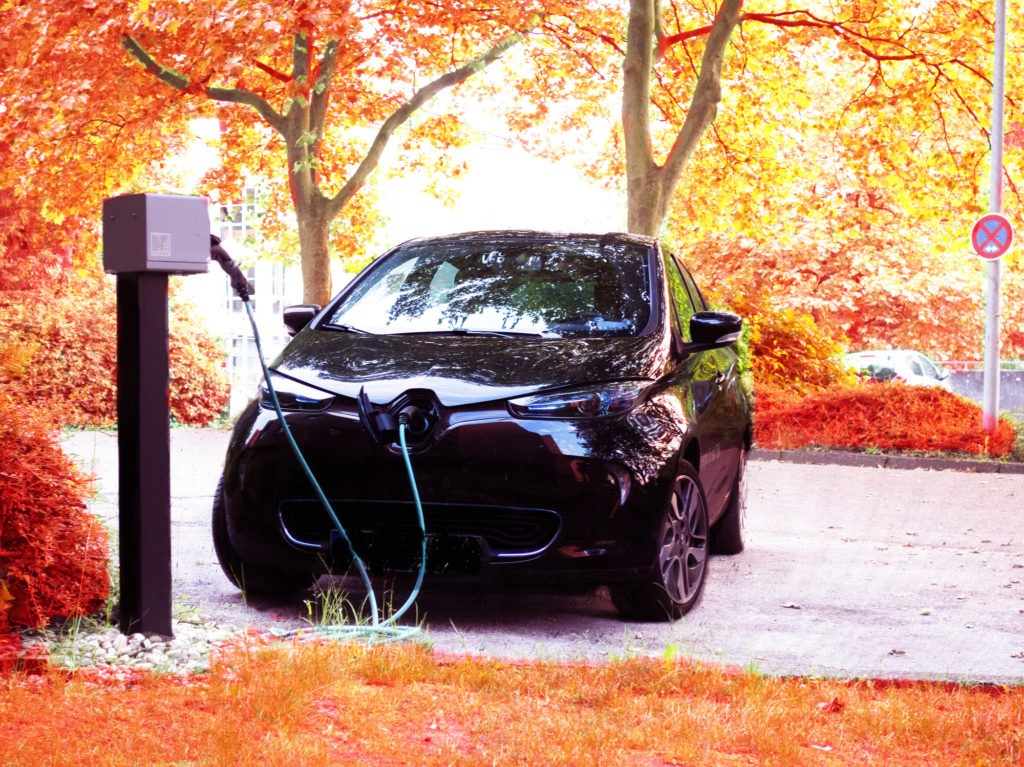Manufacturers need to collaborate on electrification projects
29 March 2019

29 March 2019
Almost half (48%) of Autovista Group’s Daily News Brief readers that expressed an opinion believe that manufacturers should concentrate collaboration efforts on the electrification of vehicles.
Our latest survey asked which areas carmakers should look for partners in, following a spate of announcements from the industry over collaboration across a range of markets and technologies. Ford and Volkswagen (VW) are developing commercial vehicles, while BMW and Daimler will work together on mobility services and autonomous vehicles. Inter-group sharing will also see all VW Group brands take advantage of the MEB electric vehicle platform, with the German company also sharing it with new partners.
Electrification strategy was the most popular choice for readers. The route to market for hybrid, plug-in hybrid (PHEV) and electric vehicles (EVs) is a long and expensive one, although with strict CO2 targets looming and the collapse of diesel sales, it is also now an imperative one. Developing and sharing technology in this market will bring the technology to showrooms quicker, therefore improving sales, while also reducing costs involved and therefore allowing price parity with traditional engines to come sooner than expected.
Over a fifth (21%) of readers felt that autonomous collaboration, the likes of which BMW and Daimler are setting out on, would be the most important area of collaboration. Strategies around this technology are not quite as urgent as electrification yet in order to counter the threat of market penetration by outside sources, specifically from technology companies, carmakers feel threatened. Another costly exercise, collaboration would diffuse development penalties although it may not shorten the route to market due to the need for new road traffic legislation across Europe.
Mobility services was also a popular choice, with 16% of voters choosing this market as their most important area. This equates to the changing ownership patterns of consumers, many of whom find that buying a vehicle is not as necessary as it was just a few years ago. Therefore, the divergence into car-sharing schemes is another profit spinner, although it is again a difficult market to enter with established players such as Uber and Lyft holding dominance in some territories.
Readers felt less inclined to recommend that carmakers share models and platforms for standard vehicles (11%), an approach taken by Toyota and Suzuki for example. Their partnership will see hybrid technology shared with the smaller manufacturer, while a standard compact vehicle based on Suzuki’s models will be built for Toyota to sell in India, opening one of the largest global markets to the manufacturer. Yet with the push for electrification and autonomy, it is perhaps unsurprising this was not as popular a choice in our survey.
Finally, 4% of voters went for ′other’ and comments revolved around the same theme – telematics and connected systems. Data gathering is a big part of business today and the need for constant communication with customers is driving partnerships between technology companies and carmakers. This is a likely path that will continue, although perhaps less so between manufacturers themselves.